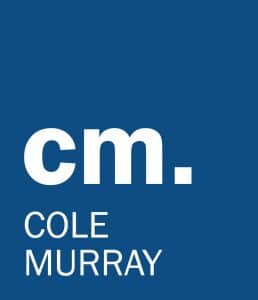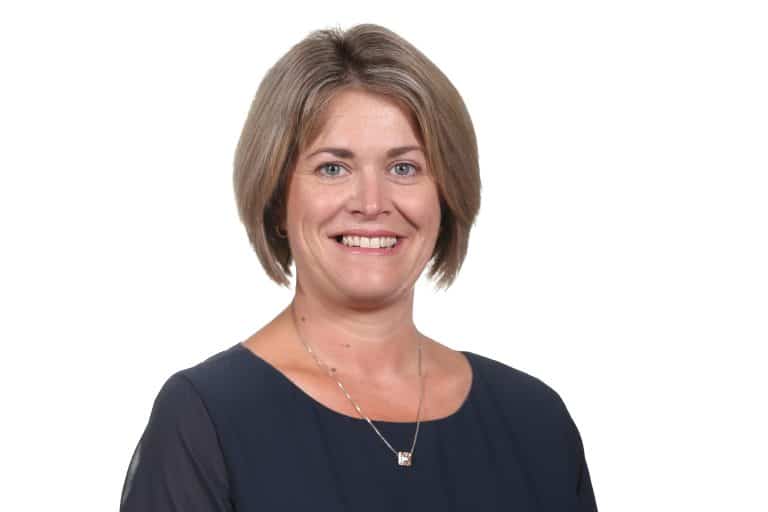Have you heard the one about women earning less, and therefore saving less for retirement?
While this is generally true (according to the Coalition for Equal Value Equal Pay, the gender pay gap is reducing but complete equality is still some way off), it’s not just the level of income that affects how much you are saving for retirement.
For instance, if you’re counting on KiwiSaver to build your nest egg, the length of any gaps in contributions matters, too.
Using KiwiSaver as an example, here are some key reasons that women may need to put more effort into saving and retirement planning than men.
Women may go on maternity leave (or longer)
When a parent is on maternity leave, not only do KiwiSaver deductions stop, but also the employer contributions. Women are also often the primary caregiver who may stop work altogether for several years.
Clearly the longer you have off work, the greater the amount of contribution you are not making. While it can be tough going down to one income, continuing your contributions, at least at the level of earning the maximum Government contribution of $512 every year, will ensure you are continuing to grow your savings. Anything that is helping you to a more comfortable retirement at this stage is going to be worth it.
On average, women are in lower-paid jobs
As we mentioned before, statistics tell us that women generally are in lower-paid employment than men (which is not just about getting paid the same for the same job), and this has an impact on the amount that can be saved for retirement.
Because KiwiSaver deductions are percentage based, it makes sense that the less you earn, the lower the dollar value you are contributing. Even if you are in well-paid employment though, you might still not be putting enough away to meet your retirement needs. A good retirement plan can identify how much you need to save in order to live comfortably later on in life.
No matter what your income is, it’s always a good idea to check out the KiwiSaver calculators available and find out what your estimated retirement balance will be. Once you know that, you can increase your contributions, if possible.
Women live longer
The main reason that women need to save more for retirement is that they live longer. Statistics indicate that 61% of the 75-84 age group is female, and when you get to the over-85 age group, there are more than twice as many women as men.
Quite simply, the longer you have in retirement, the more you need to save, to avoid running out of money just when you need it most. Of course, the benefit of having a bigger lump sum is that you will also get bigger returns, which will help boost that savings account.
Women tend to take fewer risks to grow their savings
KiwiSaver and investing require some degree of risk in order to get a return. Conservative funds deliver conservative returns on your money and carry less risk, where as growth funds have greater ups and downs but traditionally deliver higher returns over the long run. The difference in your account balance when it comes to retirement can be staggering.
Understanding how you feel about risk, busting the myths and looking at the bigger picture of long-term investing, will help you decide how much risk you’re willing to take. And if you want to dial the risk up or down a notch, our KiwiSaver Advisers have tools to help you ensure it’s the right decision for you.
Ladies, it’s time to turn your retirement plan around!
We suggest taking some time out now to see what your retirement savings balance will look like, based on your current contributions, and allowing for any contributions gaps. And don’t hesitate to get in touch with us if you’re looking for solid advice. Our KiwiSaver and Wealth Generation Advisers can work with you to create an informed retirement plan, to help you take the right actions and ensure you are putting away more, where possible, to help meet your retirement needs.
Talk to us today about closing the gap with:
- KiwiSaver & Retirement Planning
- Wealth Generation
- Insurance protection
- Mortgages
- Debt structuring
- Savings & financial plans
Contact our team for a free no-obligation review, and let’s get your retirement plan happening.




